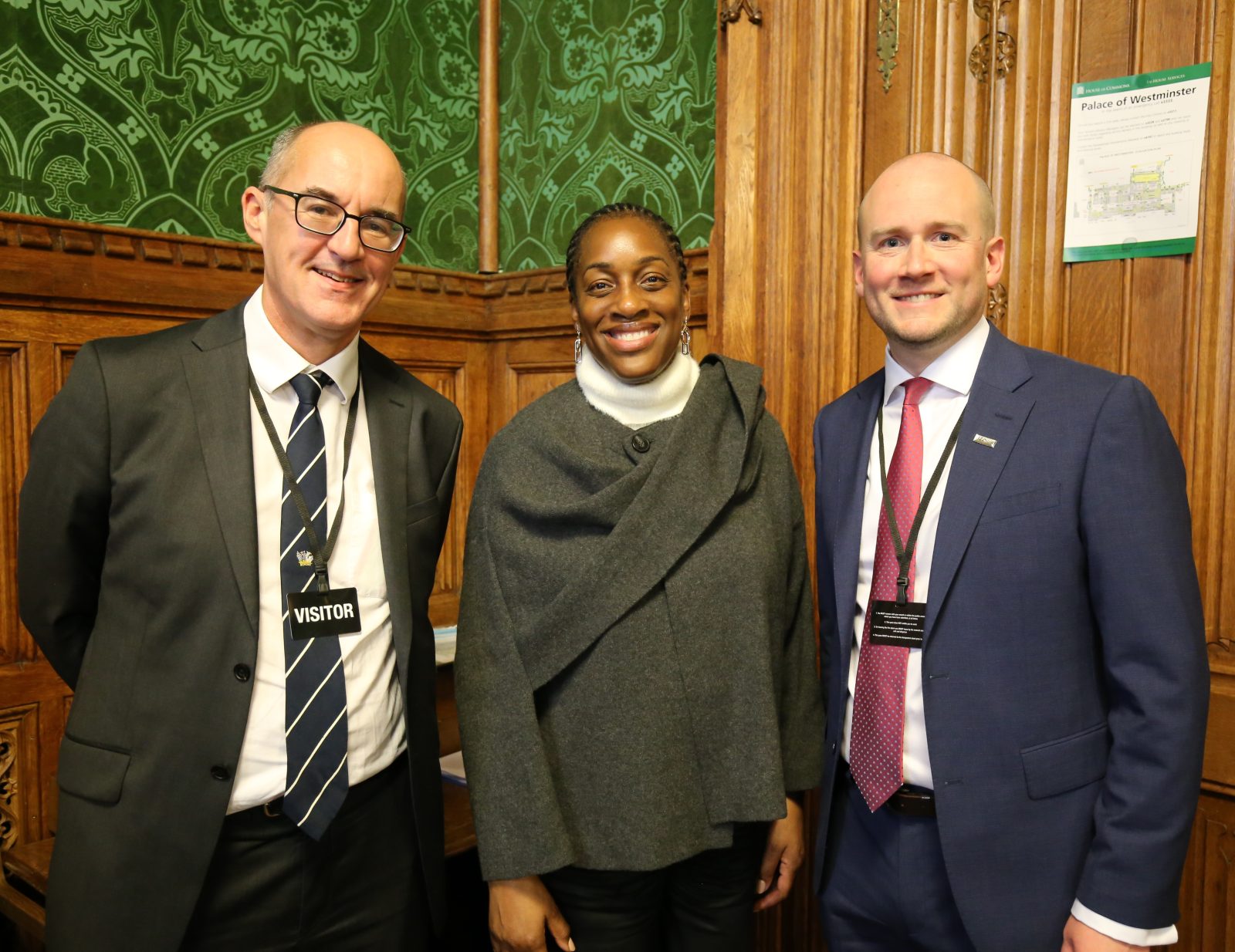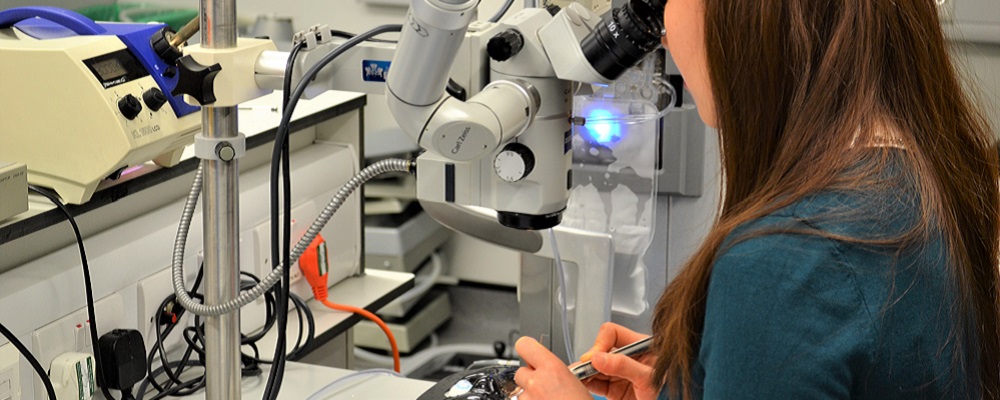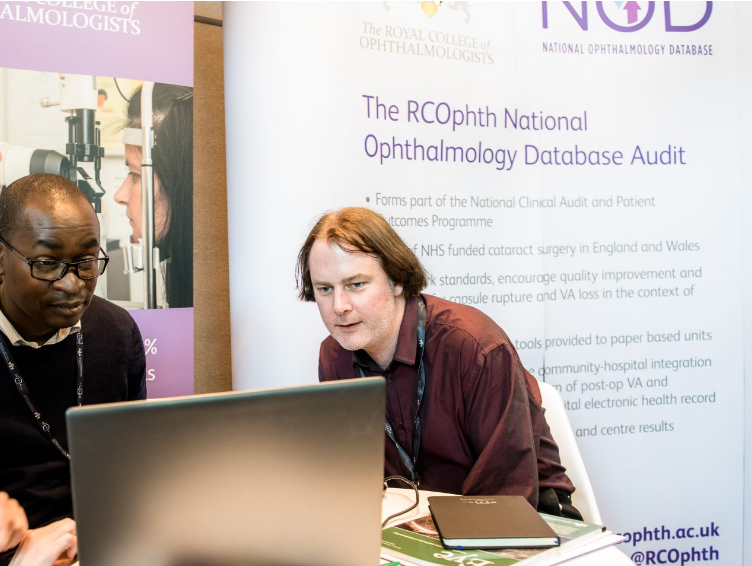A core aim of The Royal College of Ophthalmologists is to ensure high standards of ophthalmic patient care. Saving people’s sight is important for national wellbeing, quality of life and maintaining a productive society and economy. To do this we need a sustainable workforce in place to deliver that care.
One way we do this is by working with our members, NHS organisations and other bodies, like the GMC, in the UK to influence policies that affect the delivery of ophthalmology services. We also partner with primary care organisations like the College of Optometrists as well as the independent sector.
Our policy work focuses on a range of important priorities
- We have a multi-profession eye care workforce in place that meets the needs of patients
- The role played by independent sector providers contributes to the delivery of sustainable patient care, including by enabling access to surgical training
- Eye care services are better integrated across primary, secondary and community care so that patient outcomes and experience is improved
- Ophthalmologists are empowered to become involved in clinical research, and eye care practice is led by the latest innovation and research
We produce and disseminate evidence-based research
- Our work highlights how eye care services, and the workforce needed to underpin it, needs to be supported
- Working with government, NHS bodies and regulators in the four nations, including by responding to consultations, to ensure decisions taken reflect the needs of eye care services, patients and ophthalmologists
- Understanding the priorities and views of our members – including through our committees, ophthalmic clinical leads and Council
If you would like to become involved in our policy work, or have any comments or suggestions please email [email protected]








